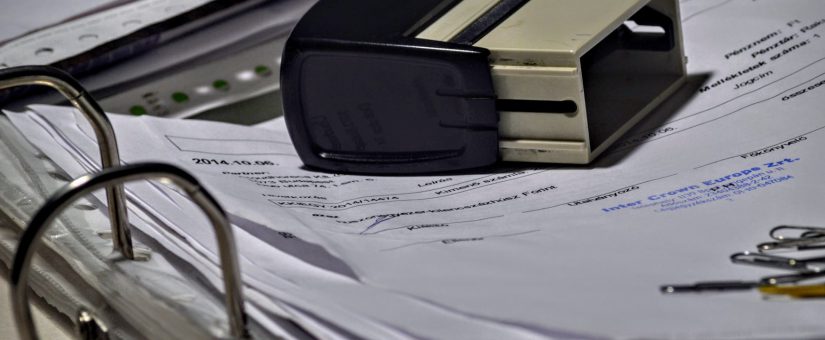
NEW LAW: INVOICES IN ITALY
- Posted by consulia
- On
Issuing invoices, what has changed since 01 January 2019?
The new financial law introduced at the end of year 2018 established that, as from 01 January 2019, all invoices issued following the sale of goods and services, addressed to subjects resident or established in Italy, must be electronic.
The electronic invoices obligation is required both in the case of sales of goods and/or services between two operators subject to VAT, better known as “Business to Business” operations, or in the case of transfers of goods and/or services between a VAT operator and the consumer, “Business to Consumer“.
The electronic invoices must be drawn up using an IT tool and must be sent to the recipient only through the Sistema di Interscambio (SdI) which is an exchange system.
This System is used in order to verify the correctness, as well as the presence of all tax data compulsory by law and the certified e-mail address to which the invoice must be sent. This system will check the correctness of the VAT numbers in the case of transactions between two VAT subjects, or the existence of the VAT number and the tax code in the case of transactions between a VAT subject and a consumer. If the check is satisfactory, the system will deliver the invoice to the recipient, via a delivery receipt which will specify the data of the sender of the invoice as well as the date and time of dispatch.
Only companies and self-employed workers who are subject to an “advantaged regime” and those who fall under the “flat rate” system will be exempt from issuing the electronic invoices.
In order to prepare the electronic invoice, it is necessary to have an IT tool such as a PC, tablet or even a smart-phone and use a specific program that prepares the invoice in XML format, a requirement established by the Revenue Agency aka Agenzia delle Entrate on 30 April 2018.
If you are seeking for more information on Italian Tax and Fiscal Law contact one of our experts by filling out the form below




0 Comments